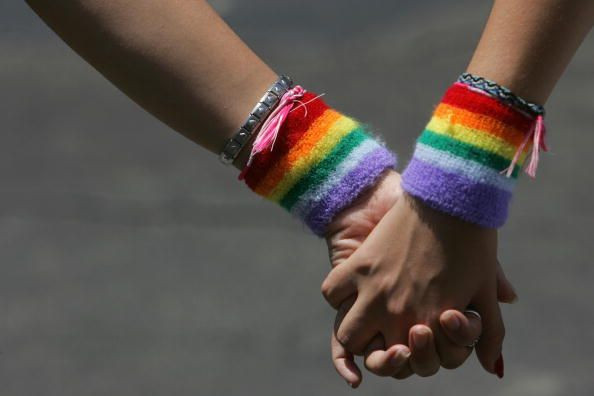Bisexual Women Face More Sexual Violence Than Others: Study

A recent study published in the Journal of Bisexuality, based on a survey of women in the United States, found that bisexual women face more sexual violence than both straight and lesbian women. About 75 percent women who identified as being bisexual reported experiencing some form of sexual violence, while 50 percent said they had been raped.
“Although several studies have noted higher rates and negative consequence of sexual violence in bisexual women, few have attempted to unravel the connections between bisexuality and victimization,” the abstract of the study says. And that is precisely what it sets out to do.
According to Nicole Johnson, a counseling psychology professor at Lehigh University's College of Education, who was lead author of the study, there are three main factors that contribute to this phenomenon, as well as to the fact that bisexual women may suffer from worse mental health following these violent episodes, compared to their straight and lesbian counterparts.
These factors were “substance use, hypersexualization, and biphobic harassment,” Johnson said in a statement released Wednesday by the university. And she explained each of those factors separately.
Johnson’s research showed bisexual women struggled more with substance use than other women, and that intoxication both made them easier targets for potential perpetrators of sexual violence, as well as exacerbated the negative effects of the episodes on their mental health.
To explain the hypersexualization aspect, Johnson first invoked pornography but also spoke about other related phenomena.
“The media, and pornography in particular, have a long history of depicting women as ‘bisexual’ while engaging in same sex behaviors for the pleasure of male on lookers. Recently, this experience, which has been labeled ‘performative bisexuality,’ has become common place in bars and at parties where two girls/women engage in same-sex behavior for the purposes of arousing men/boys. Many of these women/girl later denounce bisexuality, furthering the ‘invisible-hypervisible’ experience of bisexuality,” she explained in an interview to bisexual.org, according to the statement.
She also referred to biphobic harassment within intimate relationships, a fact the study found possibly related to the “social construction of bisexual women as especially worthy of distrust, jealousy, and other emotions and perceptions related to uneven power dynamics and hostility within the relationship.”
The study is titled “Why Us? Toward an Understanding of Bisexual Women's Vulnerability for and Negative Consequences of Sexual Violence” and was coauthored by MaryBeth Grove, a graduate student at Lehigh.
© Copyright IBTimes 2024. All rights reserved.





















